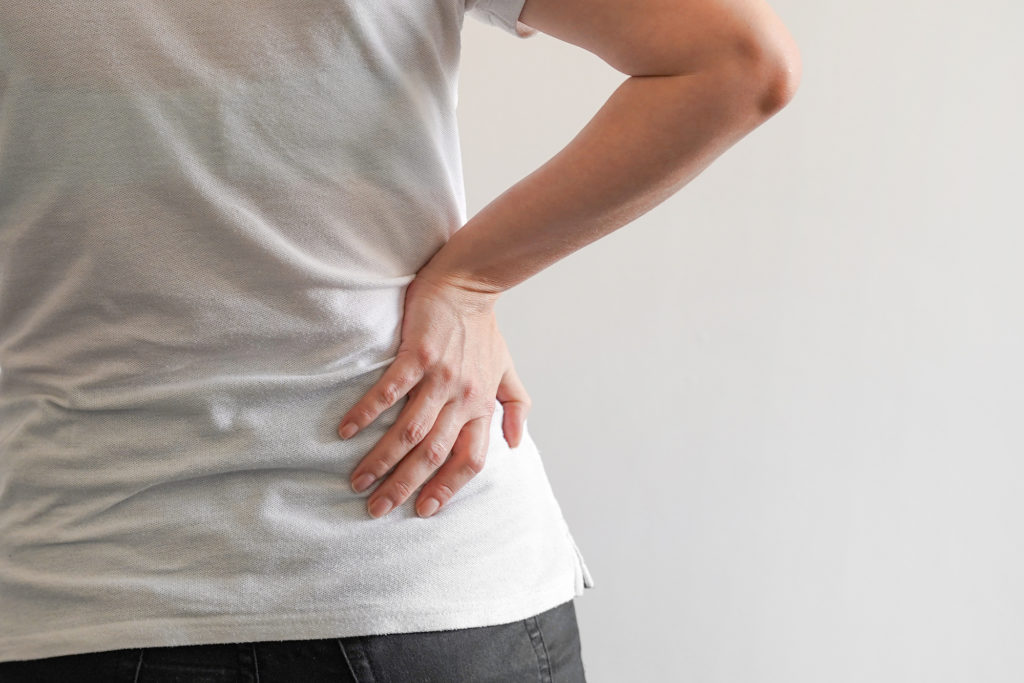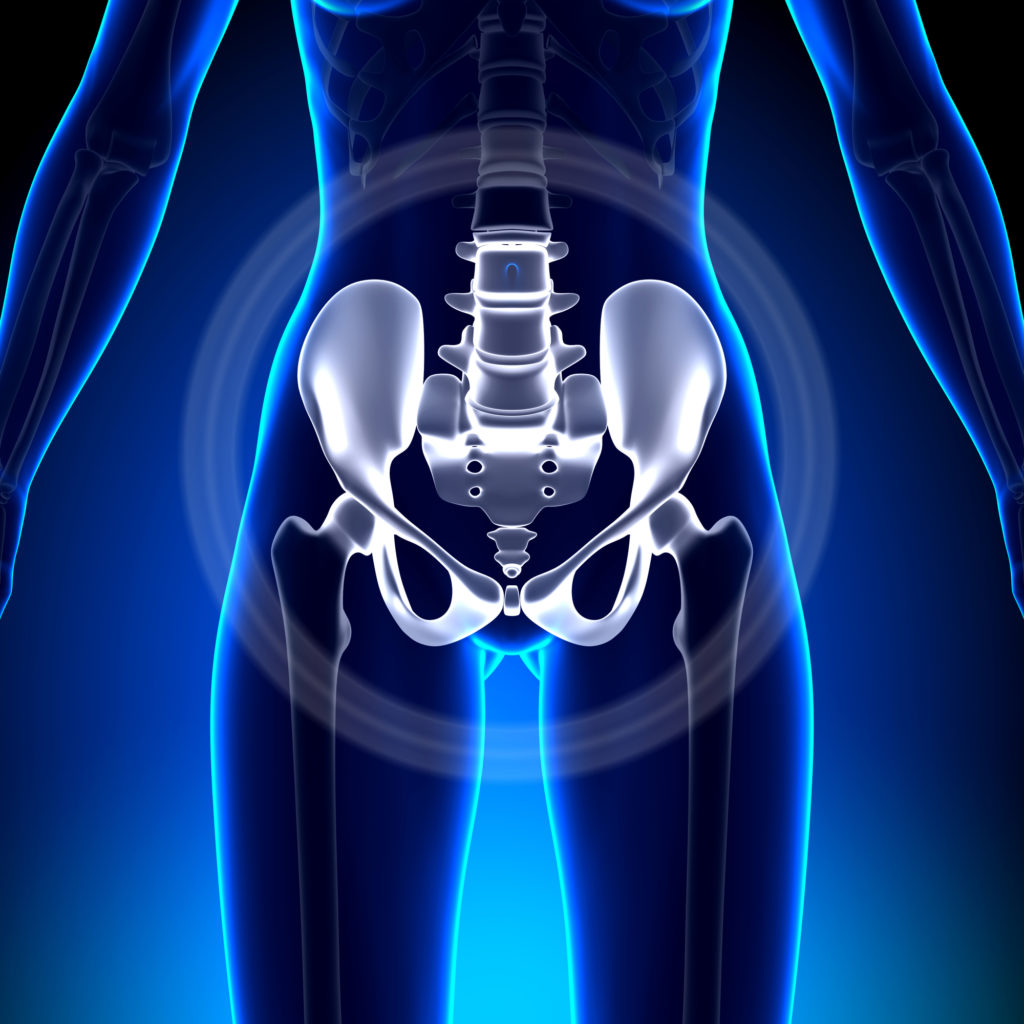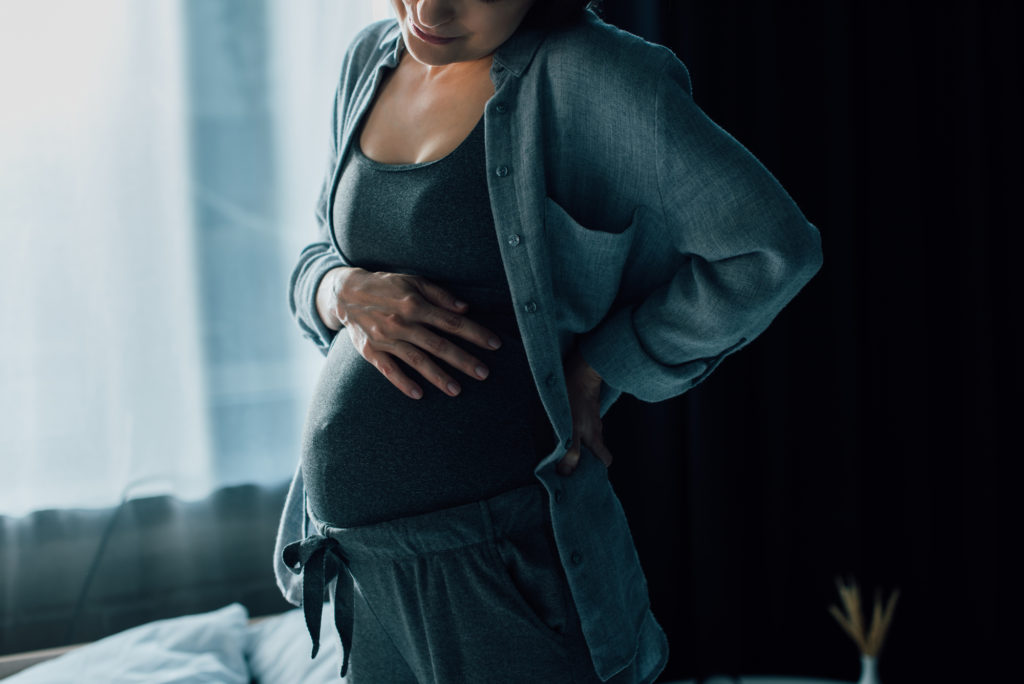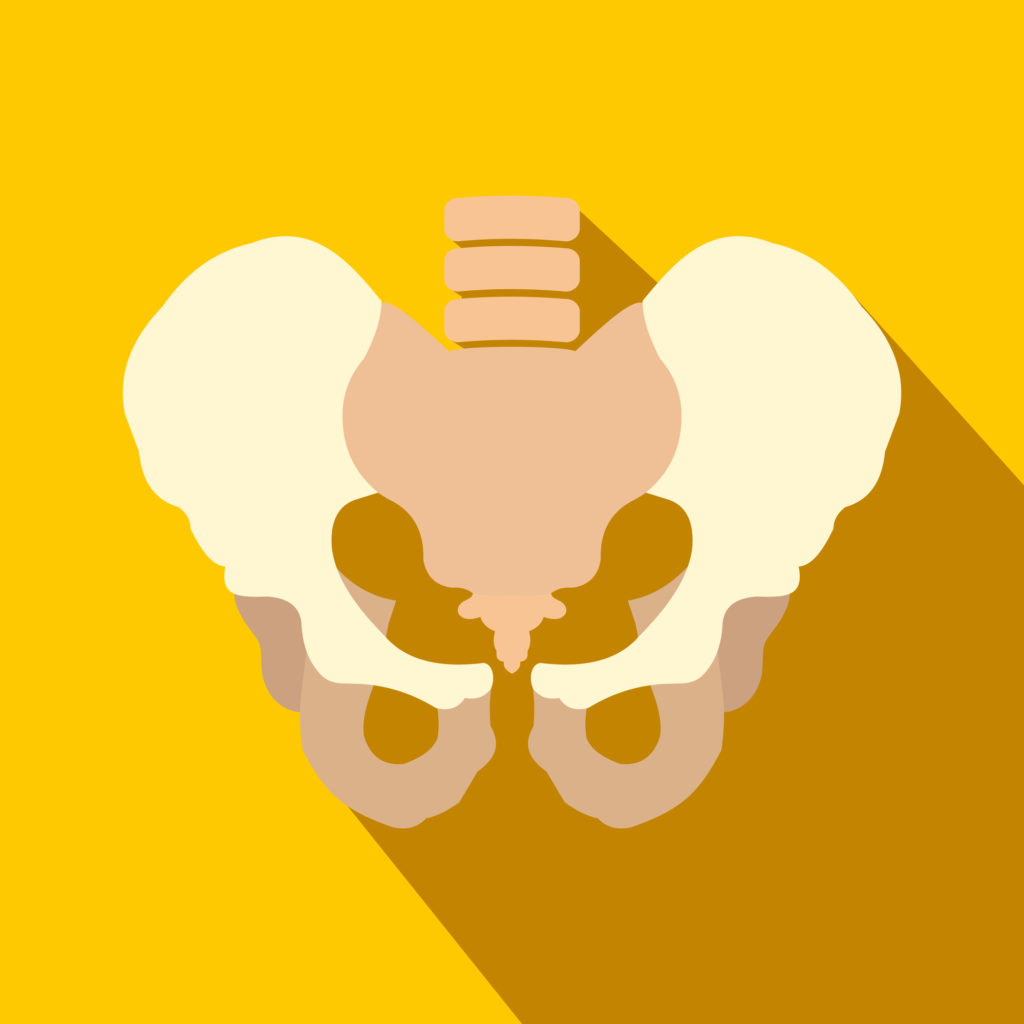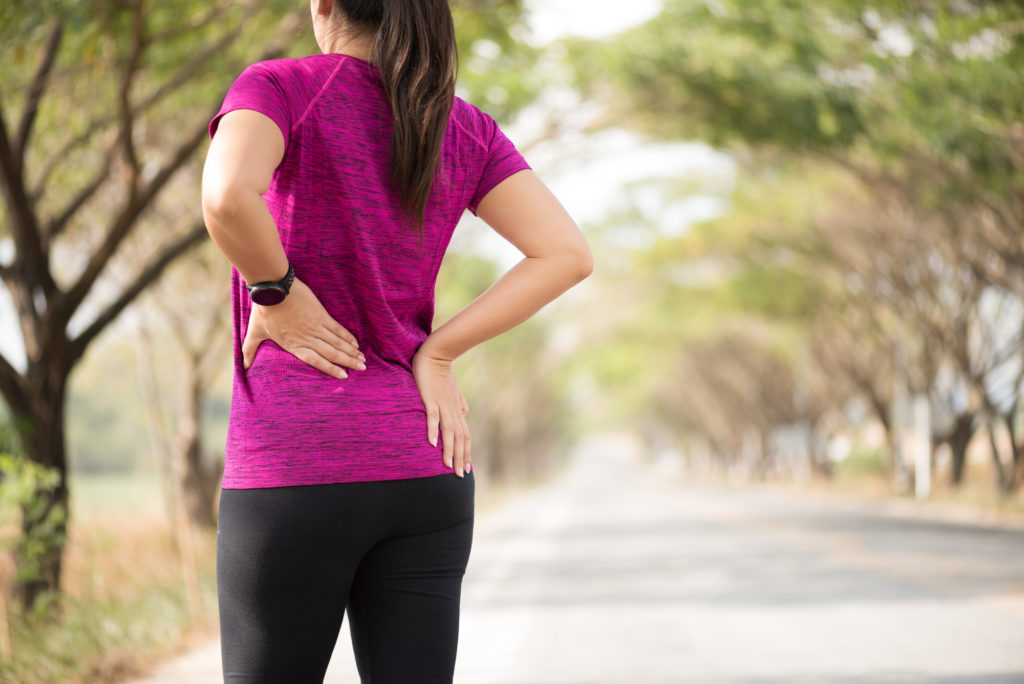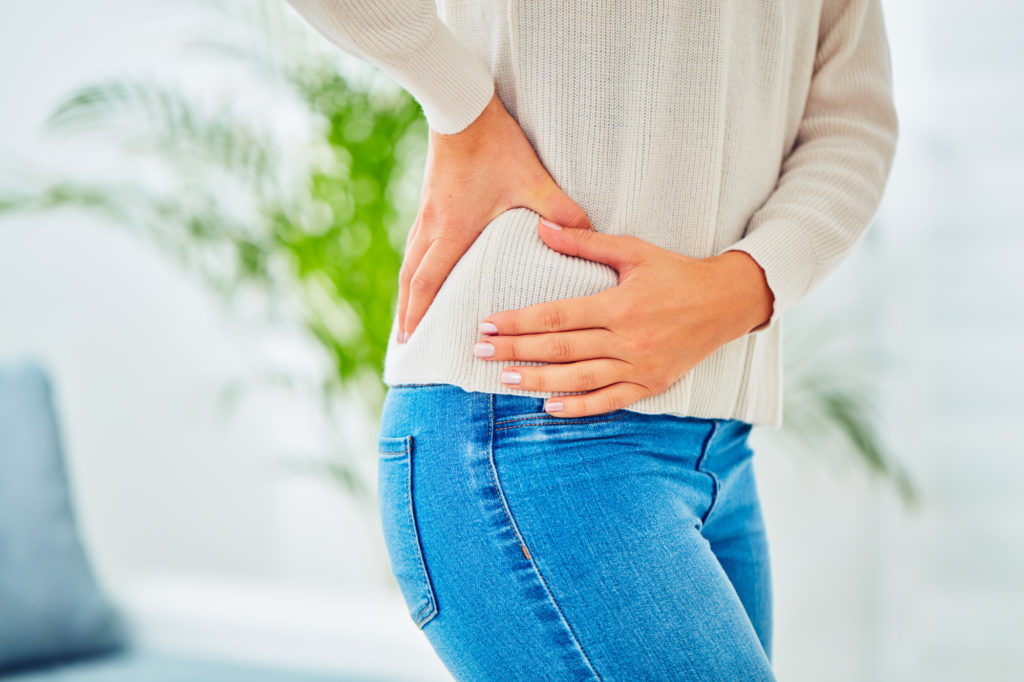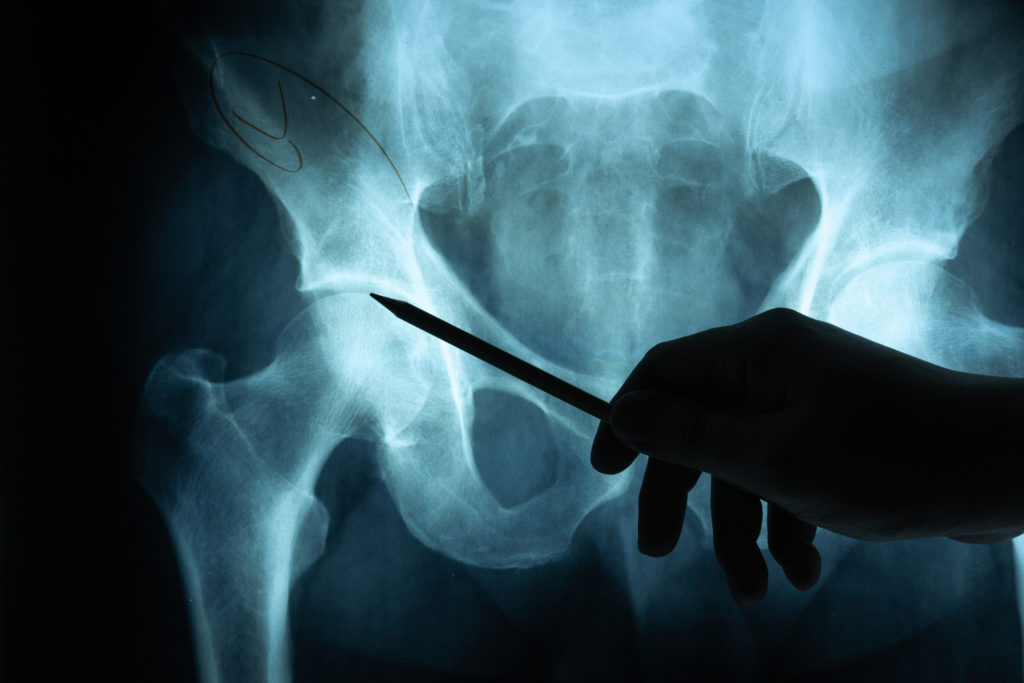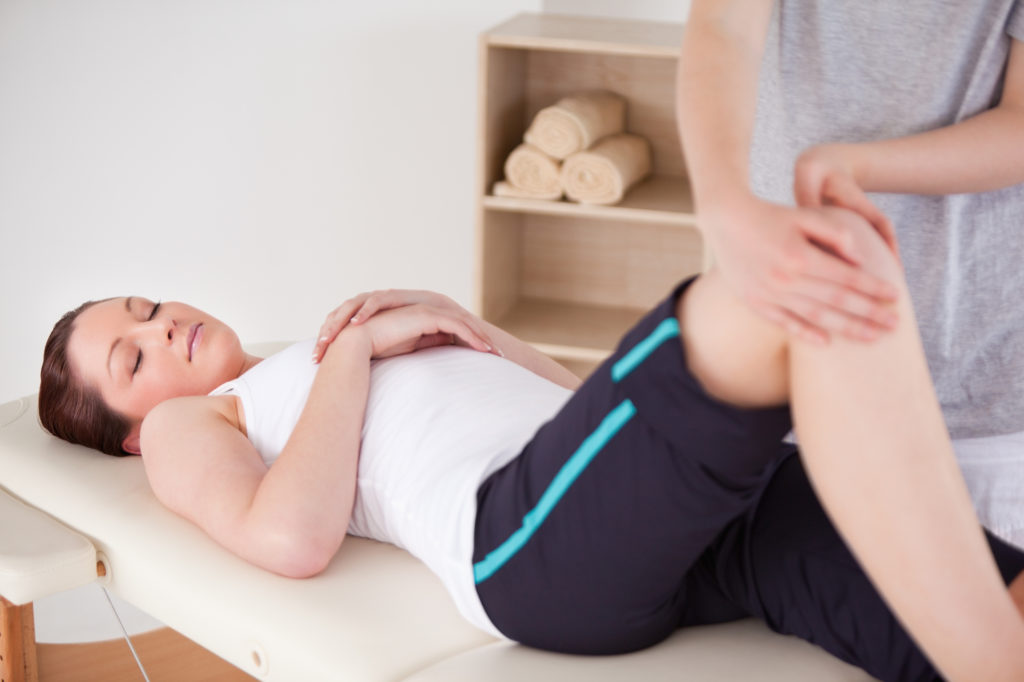When you feel pain in the muscles around your hip or coming from within the hip joint, we collectively refer to both complaints as “hip pain.”
However, it might surprise you to learn that this type of pain doesn’t necessarily originate from your hip. Instead, it could be radiating from the thigh, groin, pelvic floor, or elsewhere in your body – you just happen to be feeling it in your hip.
More Blogs From Nancy Branberg
Can You Prevent Postpartum Preeclampsia?
The Different Stages Of Pelvic Organ Prolapse: What You Need To Know
Is Pregnancy The Cause of My Knee Pain?
What Causes Hip Pain in Women?
There are some common medical conditions, situations, and injuries that lead to hip pain in women like:
- Tendonitis: Inflamed tendons, also known as tendonitis, are among women’s most frequent causes of hip pain. It occurs because of overuse or overexercising – playing tennis or other racquet sports! (…although not exclusively) and causes acute pain, although it does heal naturally with adequate rest and supportive physical therapy.
- Pregnancy: When talking about hip pain in women, one of the most obvious causes of sore hips is pregnancy. Many women get hip pain during pregnancy due to altered hormone levels that allow the pelvic ligaments to stretch to accommodate the growing baby. In most cases, the hip pain resolves after delivery but not always. Some women suffer from postpartum hip pain long after their babies arrive – or develop hip problems further down the line that originated in pregnancy.
- Iliotibial band syndrome: The “It Band,” as we call it, is a large band of connective tissue that runs from the front of the hip, down the outside of the thigh, to the shin. It activates when you bend and flex your knee – when the large band moves across the bottom of your thigh. With repeated use due to overexercising (usually running, which is popular with women), the iliotibial band can get aggravated and become swollen and inflamed. As this ligament begins at the hip joint, IT Band Syndrome could very well cause your hip pain.
- Trochanteric bursitis: occurs when the bursa (sac-like structures filled with liquid near the hip joint) gets inflamed. Various reasons can cause trochanteric bursitis, such as posture issues or hip injuries.
- Hip fractures: More expected in the elderly and those with osteoporosis (a condition in which the bones get brittle and weak due to aging). Hip fractures occur suddenly, cause acute pain, and need immediate medical attention. If neglected, serious complications can arise, like blood clots. Most people require surgery to fix hip fractures, with a period of physical therapy also recommended after the operation.
- Arthritis: Another one of the leading causes of hip pain in women (especially over a certain age) is arthritis. Arthritis causes stiffness, tenderness, and pain in the hip joint, making it difficult to move. Unfortunately, women are twice as likely to develop arthritis than men, which applies to both degenerative osteoarthritis and autoimmune Rheumatoid Arthritis. Scientists believe there is likely a hormonal link because women are even more likely to get arthritis after menopause due to changing hormone levels. There are a few different types of arthritis that can cause pain in the hip, including:
- Osteoarthritis: happens due to wear and tear of the cartilage that surrounds the hip joint. Osteoarthritis is the most common form of the various types of arthritis.
- Traumatic arthritis: occurs when a fracture or other trauma triggers degeneration in the hip joint.
- Infectious Arthritis: Any infection that occurs within the hip joint and leads to damage to the cartilage is termed infectious arthritis.
- Rheumatoid Arthritis (RA): Unlike the other forms of Arthritis, Rheumatoid Arthritis is an autoimmune condition, meaning the body’s immune system attacks the joint. In the long term, RA can cause irreparable damage to the bones and cartilages.
Lesser-known Reasons For Hip Pain In Women
Other less common causes of hip pain in women include:
- Endometriosis: It might seem strange to include a gynecological condition in the list of causes of hip pain, but in women who have Endometriosis, some of their uterine tissue grows outside of the uterus in other parts of the body, such as the hip – and bleeds with the monthly cycle. If you notice that your hip pain is cyclical and occurs at certain times of the month, it could be down to Endometriosis. Endometriosis also causes pelvic pain, heavy, painful periods, (potential) infertility, pain during sex, bowel movements, and urination. The symptoms do lessen or go away after menopause due to the decline in estrogen levels. But if you are using HRT, they can return, so Endometriosis can still be a factor in hip pain after menopause, although it’s unlikely.
- Osteonecrosis: Also known as avascular necrosis, osteonecrosis happens if the blood circulation to the bones is temporarily or permanently blocked. It can lead to bone damage and destruction. In the latter stages, the cartilage gets destroyed as the disease progresses. It can eventually cause the joints to disintegrate. The root causes of osteonecrosis are unknown, although cancer treatments, alcoholism, or heavy use of steroids may increase the risk factors.
- Snapping hip syndrome: Mostly found in sportspeople, including athletes and dancers. As the name suggests, snapping hip syndrome is recognized by a snapping feeling or sound within the hip joint – although the condition itself is not quite as dramatic as it sounds. It occurs when you get up from a chair or while walking. While it is painless, in some cases, there may be pain. This condition develops mainly due to wear and tear in the hip joint or surrounding cartilages.
Does My Hip Pain Need Medical Attention?
We recommend that you seek the help of a doctor or physical therapist if the pain in your hip lasts for more than two weeks. Then, we can determine the cause and administer appropriate treatment to reduce your pain and improve your mobility.
In most cases, hip pain is usually a sign of overuse, wear and tear, and degenerative conditions like arthritis, which we can help with. Book your free consultation here. But if you have bleeding and severe pain, and the bone or joint is exposed: you need prompt medical attention.
Likewise, if the hip joint appears swollen or deformed, there is redness accompanied by warmth, and the area is tender to touch, it could be a sign of a severe infection like septic arthritis; please seek medical attention to prevent serious illness and permanent disability.
How To Get Relief From Hip Pain
Hip pain is miserable – especially when it is worse with movement. But before we start treating your hip pain, we need to find the root cause, so rather than just offer temporary relief from the pain – we help you get rid of hip pain for good.
At your first consultation, we review your medical history and determine when the symptoms began. Next, ascertain whether your mobility is affected and whether the pain worsens at any specific time of the day.
Next, we examine your hip joints “in movement,” comparing the movement you have (or don’t have) in each of them.
If we suspect arthritis or another medical condition, you may need imaging and fluid tests, including blood, urine, and joint fluid, to get a better picture of what’s going on inside your hip.
The imaging tests may include MRI Scans/ CT scans/X-rays/ Ultrasound etc. These tests provide a clear view of the connective tissues, bones, and joints that we collectively call the “hip.”
If you have arthritis, some doctors quickly prescribe anti-inflammatory medication to treat the stiffness and pain. But we always recommend that you try physical therapy first.
Using a combination of therapeutic movement and exercise, we help reduce your pain and stiffness and improve your mobility without pain pills. Physical Therapy also helps to protect the joint from further arthritis-related damage and injury. It keeps you off the surgeon’s table.
For most other causes of hip pain, we can usually diagnose the root cause from our physical evaluation of your movement and your pain pattern reports and get to work to fix it right away.
Physical therapy is one of the most effective ways to keep the hip joints supple and healthy. In addition, it helps alleviate pain and other symptoms like grinding and “snapping .”So, don’t wait until your hip pain gets really bad and potentially requires surgery or heavy medication to fix the pain.
How To Fix Your Hip Pain For Good
Nancy Branburg is a healer, a lover, a space-holder, a magician – who happens to use physical therapy to get clients, just like you, deep and lasting transformation and freedom from physical pain. She has been treating dysfunctional hips and hip pain for over 40 years.
Are you ready to find out what is causing your hip pain and fix it for good?
Schedule a free 20-minute consult to discuss your hip issues and determine whether we’re a good fit for you.


